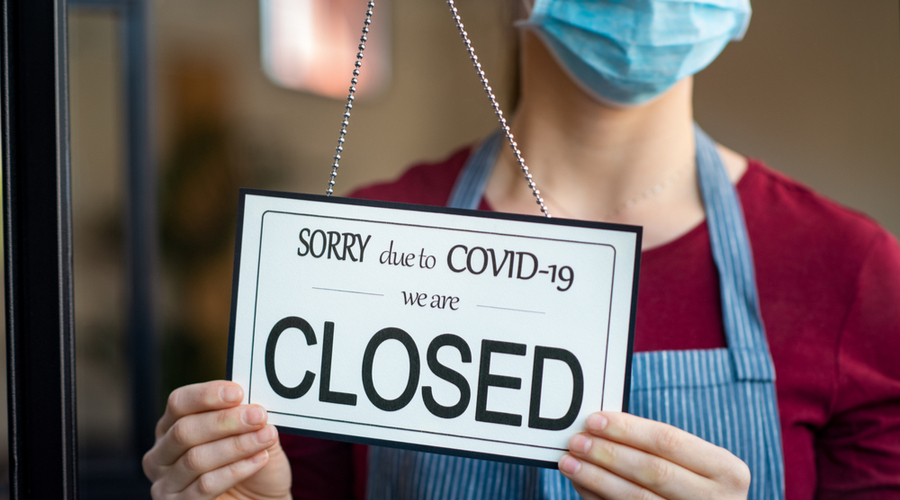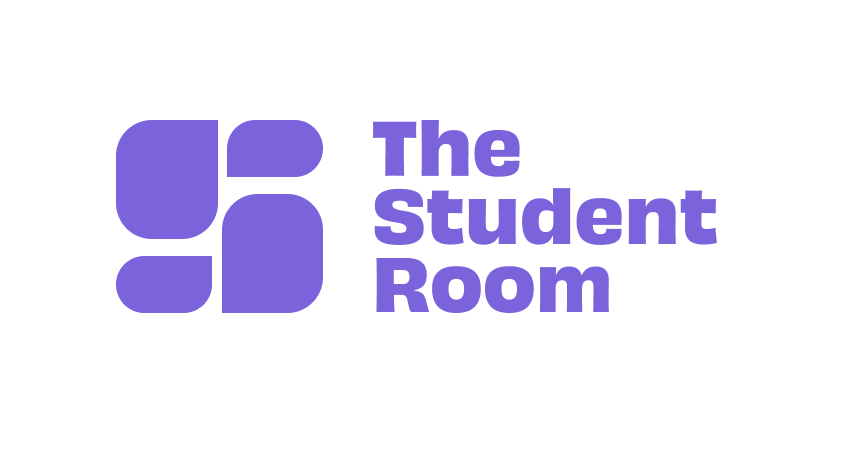Nearly half of students are currently experiencing financial difficulties due to Covid-19, according to our latest poll.
We’ve taken a deep dive into some of the comments on The Student Room to find out how covid-19 is impacting young people financially today. We found three key themes across those who are struggling: graduate careers, accommodation, and finding part-time work while studying.
Covid-19 deepens the social divide
The ongoing work on widening participation in higher education has made a meaningful impact on minority and disadvantaged groups. However, the pandemic is now widening ingrained societal inequalities by disproportionality impacting those who rely on jobs in retail, hospitality, cleaning services, or zero-hours contracts.
Historically, widening access efforts have focused largely on disadvantaged BAME communities, but this BBC article has identified an emerging high-risk group. In terms of likeliness to go to university, 92% of those in the bottom fifth are white ‘free school meals’ students (especially males) from old industrial or poorer areas.
Our poll also revealed significant differences in what students across the UK are experiencing, as over 13% said they have better financial opportunities as a result of the pandemic – a reflection on the inequalities in wider society.
We recommend that universities work on ways to reduce the financial barriers that might prevent prospective students from applying. Some tangible solutions could include: ensuring robust access to hardship funds (and other types of grants and loans) and adapting messaging in regions with a high proportion of free school meals applicants.

Careers after university
The percentage of applicants who are worried about getting a job when they graduate has doubled since the pandemic.
Our latest Navigating Changing Options report collected responses from prospective students applying for university in 2021 and 2022. It revealed that 63% of 2021 applicants and 67% of 2022 applicants were concerned about getting a job after finishing their studies. Before the pandemic, this was 29% and 28% respectively.
Onsite, we’ve seen a huge increase in engagement on careers forums. In the past month, our Careers forum had nearly two million pageviews and posting was up 40% year-on-year.* Here are some student comments:
“Two First Class degrees in physics, no job yet – is COVID that bad for jobs?…Before the pandemic, I applied for jobs and got interviews within 2 days sometimes, but now I’m not even getting proper replies from even part-time work!”
“applied to work experience which was canceled due to covid”
So what can universities do to reassure career-minded applicants that degrees are still worthwhile? In a time of financial uncertainty, it’s essential to communicate the future employment outcomes of undergraduate study. You can do this by posting information on your website, on social media, sending emails, or engaging with students directly using an Official Rep on The Student Room.

Part-time jobs and funding studies
Financial uncertainty is very real for current and prospective students, particularly those who lost part-time work due to lockdown. Many have no idea when, if ever, those opportunities will return:
“waited a month and then finally got a job offer and 2 months later i’m now working at Waitrose! i think because of covid-19 they are really busy”
“I’ve been applying for part-time temp jobs for months now.”
“Due to C-19, I no longer have regular income from babysitting/nanny jobs”
Not all students rely on part-time work to supplement their student loans, but for many, the loss of income will be a real concern. We can no longer take for granted that students will be able to make money while they study, so universities have a key role to play in providing support and innovative solutions for applicants’ financial challenges.
The following brilliant, empathic post from University of Portsmouth’s Official Rep is a great example. Chloe has posted on a thread where young people are talking about financial concerns and highlighted that Portsmouth is a university that really helps students who are struggling financially:

On the flip-side, we’ve noticed some resourceful students are finding ways to thrive in the pandemic:
“some people have been able to save more or start a job from home”
“my uni’s covid-testing centre pays quite well so a few friends have got jobs there, and I know some med/nursing students are waiting to hear back about vaccinator positions.”
“I know at least 5 people who have side jobs making and selling masks and such”
Universities can help students by improving signposting to part-time job opportunities, strengthening relationships with local or student employers, and teaching students skills which will help them to earn or save money while they study (e.g. digital skills, how to sell online, budgeting workshops).
Accommodation and location choices
We polled university applicants and 8% said they would now go to a university closer to home because of covid-19.
In 2020, many students were paying rent for accommodation near their universities, but living elsewhere due to covid restrictions. Or, they were stuck on campus and unable to get home.
We think that the on-again, off-again lockdowns, combined with university courses being delivered online, explains why a portion of the current cohort are looking at universities near where they live.
“[I] can live from home instead of paying for expensive accommodation because everything is online…I can spend money more frivolously as I don’t need to worry about rent.”
However, half of the prospective students we polled said they did not intend to change their university choice. Comments like this show that many applicants still want the full university experience on campus:
“the thought of living at home for another year makes me miserable”
We’ve also seen comments from international students who want to know about how UK universities will protect them from covid-19:
“I was wondering if you or anyone else could tell me how safety in the accommodation has been going this year? I am an incoming undergraduate international student…how the sanitation and precaution has been during the pandemic, especially when it comes to catering or communal kitchen spaces?”
Universities may choose to review their regional targeting strategy, in light of the fact that some students may switch to universities nearer home. However, we expect the majority of applicants to stick with their original choice. It’s also crucial to include covid-19 safety messaging in campaigns directed at international students.

For more in-depth and research-focused student insights (such as our Navigating Changing Options student research reports), please contact Sophie Solomon.
Or, if you would like to talk to our team about ways to connect with students, here’s how you can get in touch:
0800 999 3222
hello@thestudentroom.com
*Data
Google analytics, The Student Room, 27th December 2020 – 24th January 2021
Navigating Changing Options report: “The impact of coronavirus on 2021 and 2022 UK undergraduate decision-making”
Couglan, S. BBC article:”Poor white teens in ‘left behind’ towns not going to uni”
Author: Katie Hale

